It’s an age old philosophical question: if an event starts and no one’s around to attend, does it really happen? I’d say no.
Joking aside, the point is that all your hard work and preparation means little if no one attends your event. Every balloon you inflate, activity organized, and name card carefully filled out is meaningless without guests to enjoy the results of your planning. So, while often neglected, event promotion is one of the most crucial aspects of event planning.
There are a number of highly-specialized and specific techniques that can be employed to boost event attendance, but let’s assume you’re new to the world of promotion and start with the five highest-level channels.
1. Social Media
This is a no brainer. If you’re not on all the major social platforms (we can debate Tik Tok) promoting your event, then this is the place to start. But, just posting a link isn’t enough. Here are a few best practices to consider:
- Posting Time: If you’re managing a business page from Facebook or Instagram then you can view analytics for when your followers / subscribers are most active. Make sure to post about your event during these times so they are more likely to see it. Additionally, consider your audience. Professionals tend to be more active after 6pm local time, whereas non-professionals hit peak activity just after noon.
- Links: If you are posting event details on a site other than the social media platform you are currently on (for example, your own internal website), remember that external links are typically depromoted. Facebook doesn’t want you to leave Facebook, so links to external sites won’t be as visible as events created in Facebook. It doesn’t mean you shouldn’t post external links, but if the link is not necessary to your current message / post, then best leave it out.
- Messaging and Hashtags: Best practices are constantly evolving here. The logic just a few months ago was the load up your posts with dozens of hashtags and keep the messaging brief. Now it’s just the opposite. Longer, more personal messages get more traction (specifically on Instagram), but too many hashtags will get you deprioritized in the algorithms. For the time being, it’s best to limit yourself to 3 or fewer hashtags.
2. Paid Advertising
If you’re in a pinch or need to scale quickly, paid advertising is a quick and (if you’re tactical) relatively inexpensive way to reach a wide audience. Google Ads, Facebook Ads, and Instagram Promotions all allow you to create campaigns around posts or events. But, don’t simply adopt a spray-and-pray mentality. Be hyper-specific with your locality, demographics, and interests.
You may be tempted to target everyone in the Denver metropolitan area for your upcoming charity event, but a targeted ad focused on women, ages 20-35, with relevant interests will be far more effective. It’s best to break your ads into smaller campaigns with language tailored to specific groups rather than try and use an all-encompassing campaign.
3. Forums
If you have a very specific audience in mind, it can also be useful to post on forums or relevant subreddits. These are highly-trafficked, free sources of information where pre-qualified users can see your event details. However, be warned, if you’re not an active member of such forums and simply show up when you have an event to promote, you’ll likely be disregarded. It’s best to maintain a presence on such sites and gain a reputation as a participating member of the community.
4. Print Media
Print media may seem less relevant than ever, but for the right audience it can be by far the most-effective means of promotion. For example, if you target guest is older, a newspaper ad can be a great tool.
Additionally, print media is recommended for large scale events. Concerts, festivals, and expositions all rely on print media promotion. Generally, the costs of such promotion are much higher than digital promotion, so consider whether accessing these audiences is essential to the success of your event before investing. Your kid’s 5th birthday probably doesn’t warrant an ad in the NYT classifieds.
5. Influencer Marketing
This is the newest of the five promotional methods identified in this post, but also an incredibly effective channel if used correctly. When you’re an industry, such as fashion, that has a large number of influential digital personalities. It can be a cost-effective means of scaling your promotion to enlist their assistance and capitalize on their earned audience.
But remember, you don’t need to drop thousands of dollars on a campaign or activation with the #1 Youtuber in your space. There are plenty of low to mid-tier influencers with sizable audiences with whom you can partner. Additionally, it’s always worth asking if they are willing to shout out your event via an affiliate link and take a percentage of ticket sales. Some influencers are more than willing to promote events with affiliate links since it confers authority to their individual brand to “discover” new and exciting experiences.
.jpg)
Eventene
Eventene provides an all-in-one Event Management system for small-medium businesses for a wide variety of event types.
.jpg)





